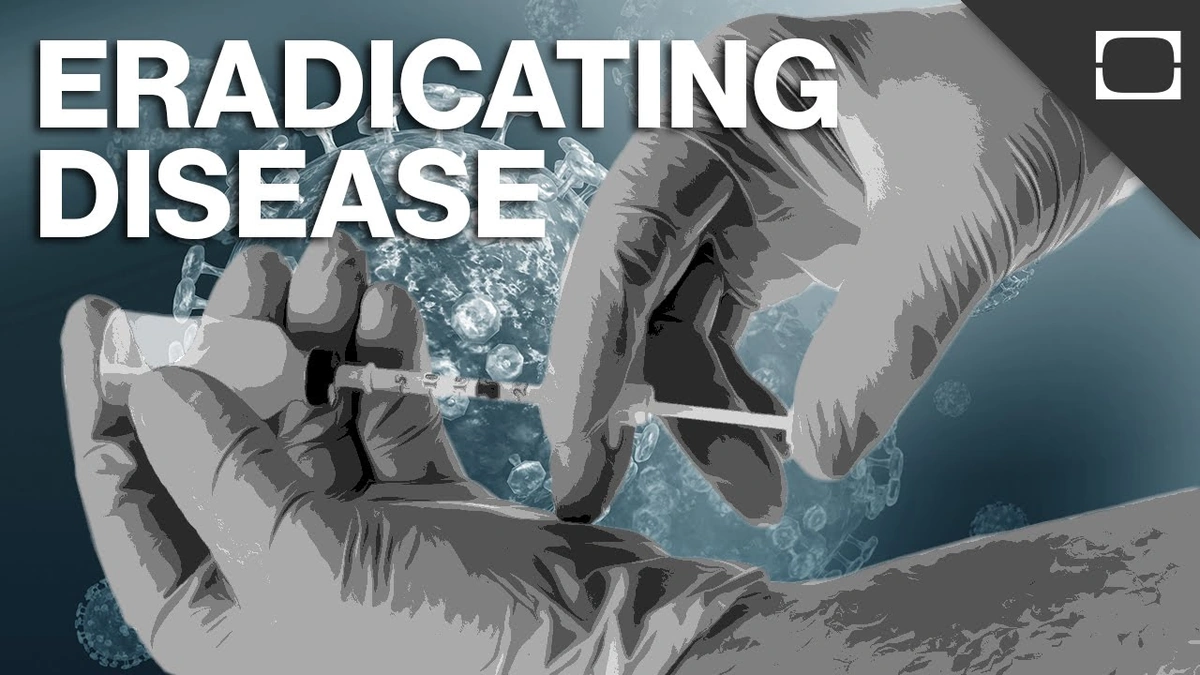Research Shows Brain Changes in Women Post-Sexual Assault
When we hear about sexual assault , our hearts ache. We think about the immediate trauma, the emotional scars. But what about the lasting, physical changes within the brain? A growing body of research is revealing just that – that surviving sexual assault can actually alter the very structure and function of a woman’s brain. Let’s unpack this, because understanding the “why” is the first step toward better support and healing.
The Brain’s Response | It’s Not “Just” Emotional

Here’s the thing: trauma, especially something as devastating as sexual assault, doesn’t just reside in our memories. It rewires our brains. Studies using neuroimaging techniques like MRI have shown demonstrable differences in brain regions involved in fear processing, memory, and emotional regulation in women who have experienced sexual assault. What fascinates me is the amygdala, the brain’s alarm system, often shows heightened activity. This means survivors might be in a perpetual state of hyperarousal, constantly scanning for threats. This chronic stress takes a toll.
And it is important to know that the hippocampus , critical for memory formation, can actually shrink in size following trauma. This is vital to understand. It can lead to difficulties in recalling specific details of the assault, which, unfortunately, can be misinterpreted by others as inconsistencies or even fabrication. Imagine the frustration and pain of not being believed because the very trauma has altered your ability to remember. This research underscores the importance of trauma-informed approaches in legal and therapeutic settings. According to research from the National Institutes of Health, these changes can persist for years, even decades, after the assault.
How These Changes Manifest | Beyond PTSD
We often associate sexual assault with PTSD (Post-Traumatic Stress Disorder), and rightly so. But the brain changes extend beyond just PTSD symptoms. Survivors might experience:
- Difficulty with concentration and focus: The prefrontal cortex, responsible for executive functions, can be affected, leading to problems with planning and decision-making.
- Increased anxiety and panic attacks: The amygdala’s heightened activity contributes to a hair-trigger response to perceived threats.
- Emotional dysregulation: Difficulty managing emotions, leading to outbursts or emotional numbness.
- Chronic pain: Trauma can sensitize the nervous system, leading to persistent pain conditions like fibromyalgia.
These are not just psychological symptoms; they are the direct result of physical changes in the brain. It’s crucial for both survivors and those around them to understand this distinction.
The Role of Cortisol and the HPA Axis
The hypothalamic-pituitary-adrenal (HPA) axis, the body’s stress response system, is often dysregulated after sexual assault. This can lead to chronic elevations in cortisol, the stress hormone. While cortisol is essential for survival in acute situations, prolonged exposure can be toxic to the brain, further damaging the hippocampus and prefrontal cortex. I initially thought this was straightforward, but then I realized the complexities of the HPA axis, especially how it differs from person to person. What’s more, trauma can impact the immune system, leading to increased vulnerability to illness and autoimmune disorders.
Healing and Neuroplasticity | There is Hope
But here’s the good news: the brain is incredibly resilient. It possesses neuroplasticity, the ability to reorganize itself by forming new neural connections throughout life.Therapy, especially trauma-focused therapies like EMDR (Eye Movement Desensitization and Reprocessing) and Cognitive Processing Therapy (CPT), can help survivors process the trauma, rewire their brains, and regain control over their lives. A common mistake I see people make is thinking that time alone will heal everything. It won’t. Active intervention is usually necessary.
Mindfulness practices, such as meditation and yoga, can also help regulate the nervous system and reduce anxiety. And never underestimate the power of social support. Connecting with other survivors, friends, and family can provide a sense of community and reduce feelings of isolation. Let me rephrase that for clarity: building a strong support network is not a luxury; it’s a necessity for healing.
What fascinates me is how the brain can heal. It’s not about erasing the trauma but about creating new neural pathways that allow survivors to live fulfilling lives despite their experiences. And that’s a powerful message of hope.
The Importance of Early Intervention and Support
Early intervention is key. The sooner a survivor receives support, the better the chances of preventing long-term brain changes and developing effective coping mechanisms. If you or someone you know has experienced sexual trauma , please reach out for help. There are resources available, and you are not alone. As per the guidelines mentioned in various publications of the National Institute of Mental Health, seeking professional help can significantly improve the quality of life for survivors.
Remember, understanding the neurological impact of trauma is not about pathologizing survivors but about validating their experiences and providing them with the tools they need to heal. It’s about recognizing that sexual assault is not just a crime against the body but a profound assault on the brain. The more we understand the science, the better equipped we are to support survivors on their journey to recovery. Understanding traumatic experiences and its effects on the brain is a journey. But, together we can all make a difference. And,rememberto consult with your healthcare provider about any health concerns.
FAQ
Frequently Asked Questions
What specific brain regions are most affected by sexual assault?
The amygdala (fear processing), hippocampus (memory), and prefrontal cortex (executive function) are commonly affected.
Can these brain changes be reversed?
Yes, neuroplasticity allows the brain to reorganize itself with therapy and support.
What types of therapy are most effective for survivors of sexual assault?
Trauma-focused therapies like EMDR and CPT are highly recommended.
How can I support someone who has experienced sexual assault?
Listen without judgment, validate their feelings, and encourage them to seek professional help.
Is there a link between childhood sexual abuse and long-term brain changes?
Yes, childhood trauma can have a significant and lasting impact on brain development.
Where can I find resources for survivors of sexual assault in India?
Several organizations offer support, including helplines and counseling services. Search online for “sexual assault support India”.













